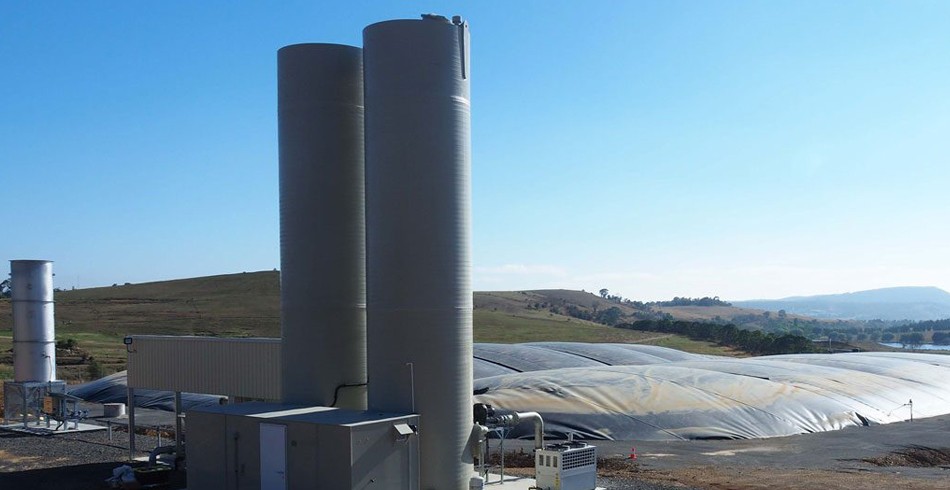A Goulburn abattoir has teamed up with Queensland energy provider ReNu Energy to turn its waste into energy.
The Australian Renewable Energy Agency (ARENA) provided $2.1 million in funding to ReNu Energy to design, construct, own and operate a biogas facility at Southern Meats’ existing abattoir facility.
The Goulburn abattoir processes sheep and lambs, using around 20,000 KWh of electricity every day.
“Disposing abattoir waste is a major environmental challenge and processing and storing meat is an energy intensive business,” Energy Minister Josh Frydenberg said.
“That’s why this project is win-win, it helps reduce the need to dispose of waste from the abattoir and it provides Southern Meats with a more affordable source of energy.”
The $5.75 million project consists of an anaerobic digestion process where the abattoir waste is treated in a covered lagoon to biologically break down the effluent to produce biogas.
Biogas is treated and transferred to two 800kW dual fuel generators to produce approximately 3800MWh of electricity per year for use during the manufacturing process to reduce peak electricity consumption.
The generators are able to supplement biogas with natural gas, allowing the plant to minimise use of electricity from the grid during peak usage and peak charge periods.
ARENA CEO Ivor Frischknecht said bioenergy represents a significant opportunity for the livestock processing sector to switch to renewable generation and reducing exposure to energy prices.
“Bioenergy also has environmental benefits for being able to re-use the effluent rather than disposing of the waste,” he said.
ReNu Energy CEO Craig Ricato said the project was a fantastic example of waste to energy generation.
“ReNu Energy sees great potential in the Australian bioenergy market, in both the agribusiness, food processing and municipal waste sectors,” Mr Ricato said.
“We look forward to continuing to apply the knowledge and IP that we have in the construction and operation of anaerobic digestion projects, as we grow our portfolio over the coming years.”







